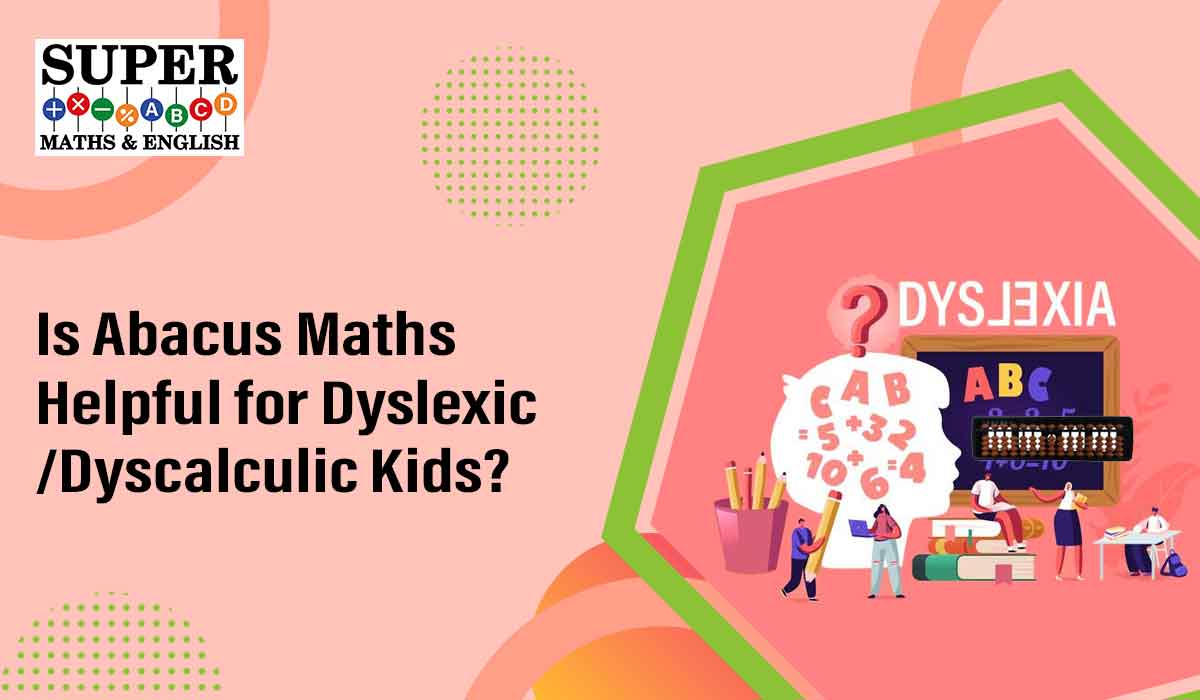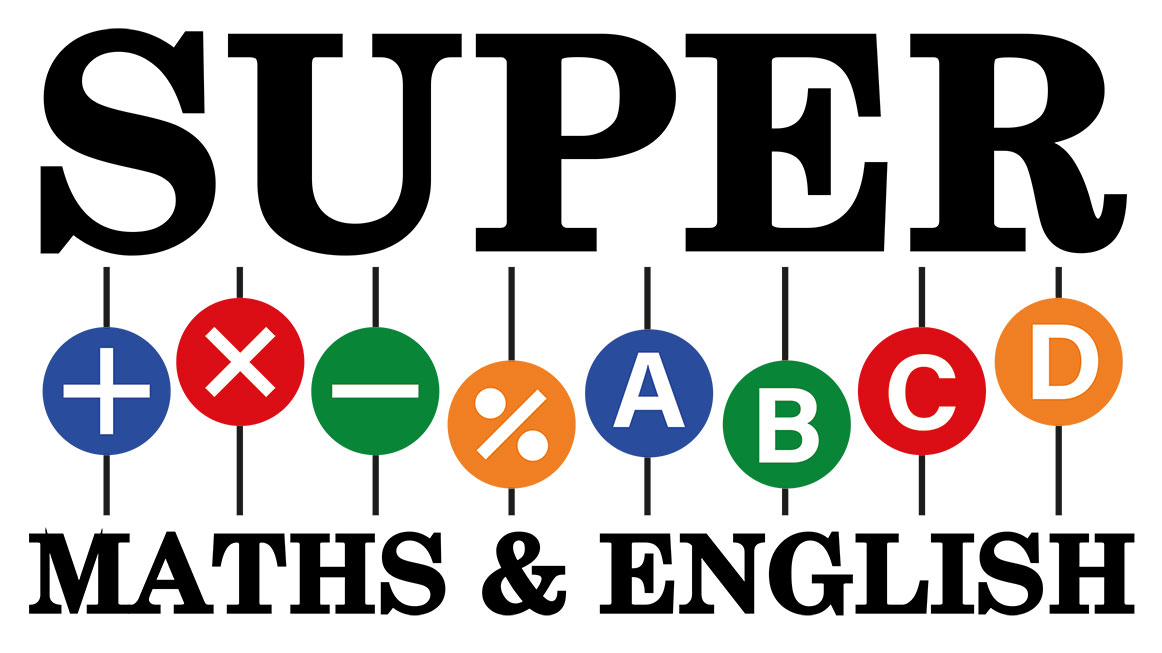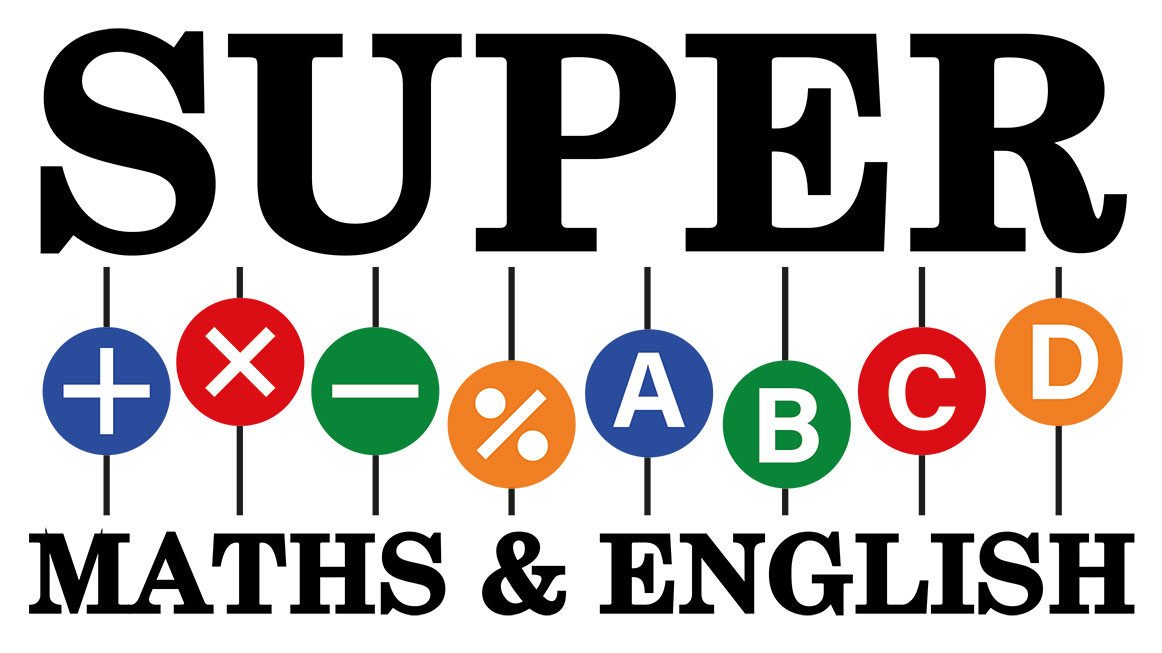
Very often parents ask the question, “Is abacus useful for dyslexic kids?” Parents need to know and understand certain things like assuming children with dyslexia will excel at maths might not always be the case. The fact that the brilliant scientist Albert Einstein had dyslexia often gives people such an impression. Generally, those with dyslexia do have that unerring ability to see how things connect to create complex systems as well as identifying similarities in numerous things.
However, according to the British Dyslexia Association, around sixty per cent of dyslexic people have significant difficulty with maths. Some dyslexic children also suffer from dyscalculia, which is a learning disability that affects numbers and maths. Those who do suffer from dyscalculia have problems understanding the concepts of numbers, facts and procedures.
How is abacus useful in helping such kids? In abacus maths, kids are initially taught with a physical tool, comprising of a frame and beads arranged in two different sections. Repeatedly doing calculations by moving the beads up and down helps kids overcome their inability to understand numbers and procedures.
What must be mentioned here though is that not all dyslexic children who experience difficulty with maths have dyscalculia. The difficulty for those who do not have dyscalculia is usually language-based, rather than concept-based. Fortunately, for these kids abacus maths is a boon.
What is Abacus Maths?
To understand is abacus useful for dyslexic kids, the root cause of their problems need to be analysed. Dyslexic children, when learning maths,might have trouble learning and recollecting words, numbers and formulas. A problem with multiple steps might become overwhelming and they might struggle to follow a set of instructions.
Thus, dyslexic kids might find it difficult to process a maths problem quickly enough. When these kids become aware of the length of time being taken, they might start worrying about falling behind and try to speed up the calculations. This could cause accuracy to suffer and the child would suffer from a lack of confidence and self-belief.
How is abacus useful in such kids? Using an abacus has now become instrumental in offering maths help for dyslexic kids. Here at the British Youth International College (BYITC), we use a physical abacus tool, finger theory and mental theory to help make the maths-learning process easier for those with dyslexia.
Most people have seen an abacus and many even played with one in primary school, but the use of mental maths has somewhat clouded the fact of how powerful an abacus can be. Nevertheless, for dyslexic kids, the abacus is becoming increasingly popular in helping them learn maths.
In our case, an abacus is a brain-training tool that can help those children with dyslexia to learn how to calculate. It can assist in the development of logical and understanding skills while the use of the physical tool helps children solve problems slowly and skilfully. This ability to approach a maths problem with confidence makes dyslexic kids become more accurate and quicker thereby improving theirself-belief. This improvement in kids also makes parents realise the answer to the questionIs Abacus Useful?
Finger Theory
Finger theory is considered the first step in learning how to use the physical abacus tool. Finger theory mimics an abacus and is more than just learning how to count using ten fingers. With this system, children can learn how to solve complex calculations.
Once dyslexic/dyscalculic children have mastered the use of both the abacus and finger theory, they can then move on to mental maths, which is often the most difficult stage. Nonetheless, visualising the physical abacus in their mind will help them solve maths calculations without any tools.
Giving Dyslexic / Dyscalculic Children the Opportunity to Improve
To answer the question, Is abacus useful, there is no doubt that Abacus maths is a fantastic resource for children with dyslexia or dyscalculia. Not only does it help them to learn how to do maths calculations, but it can also improve their motor skills and memory, giving them the opportunity to improve their general learning and development.



